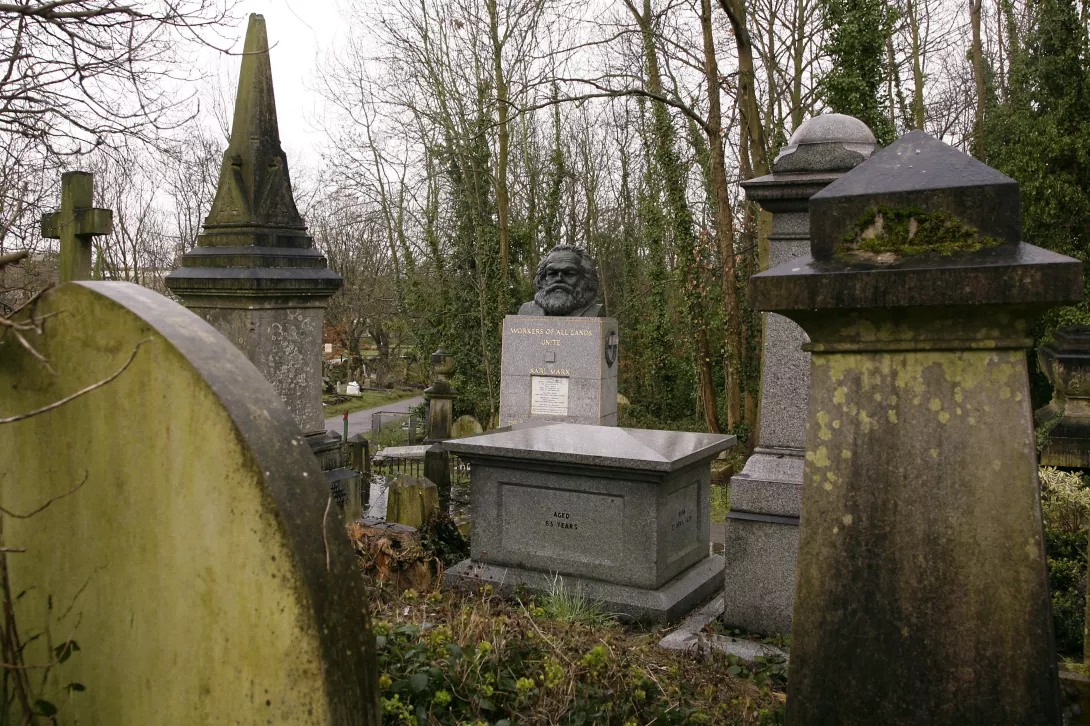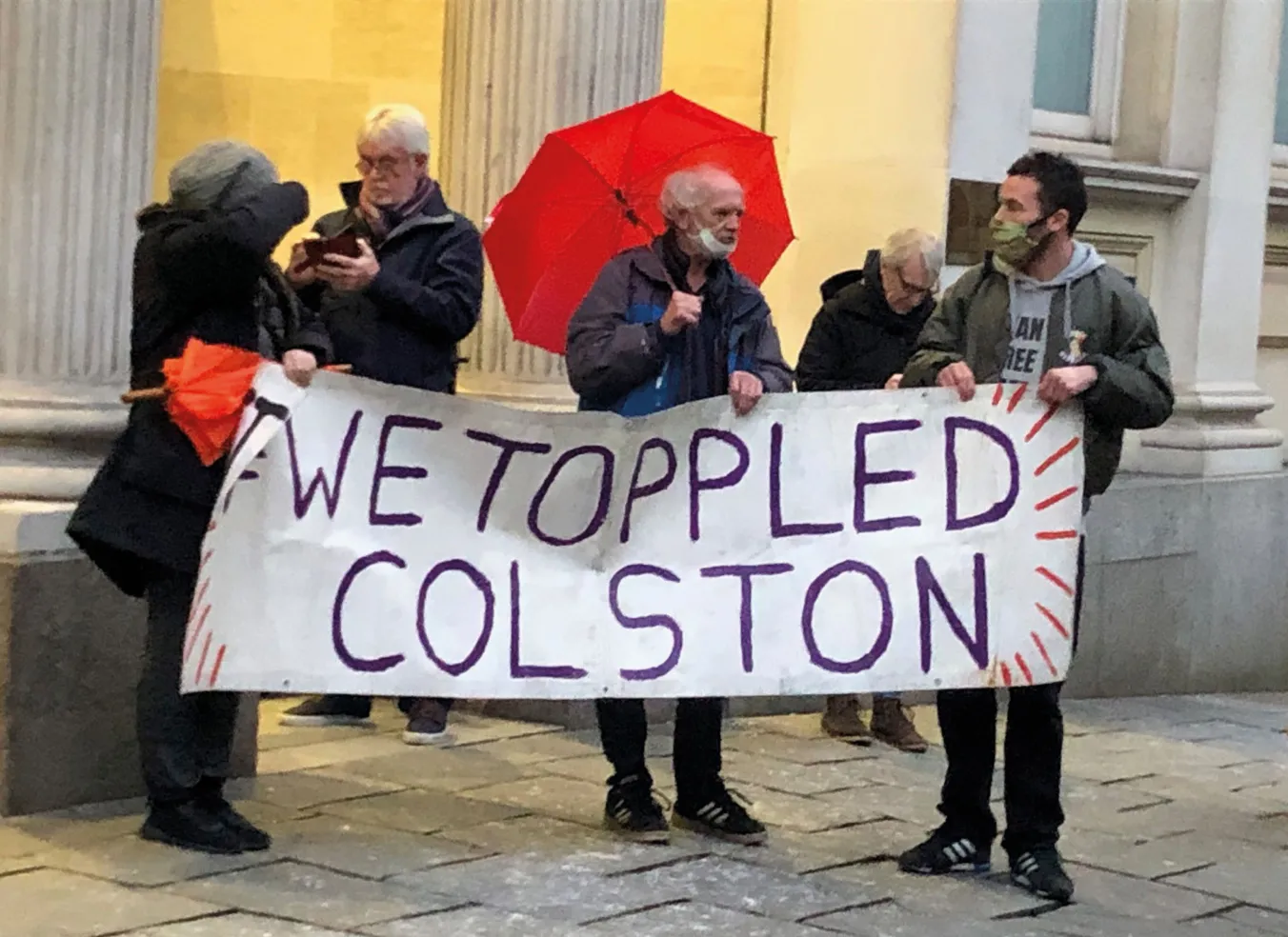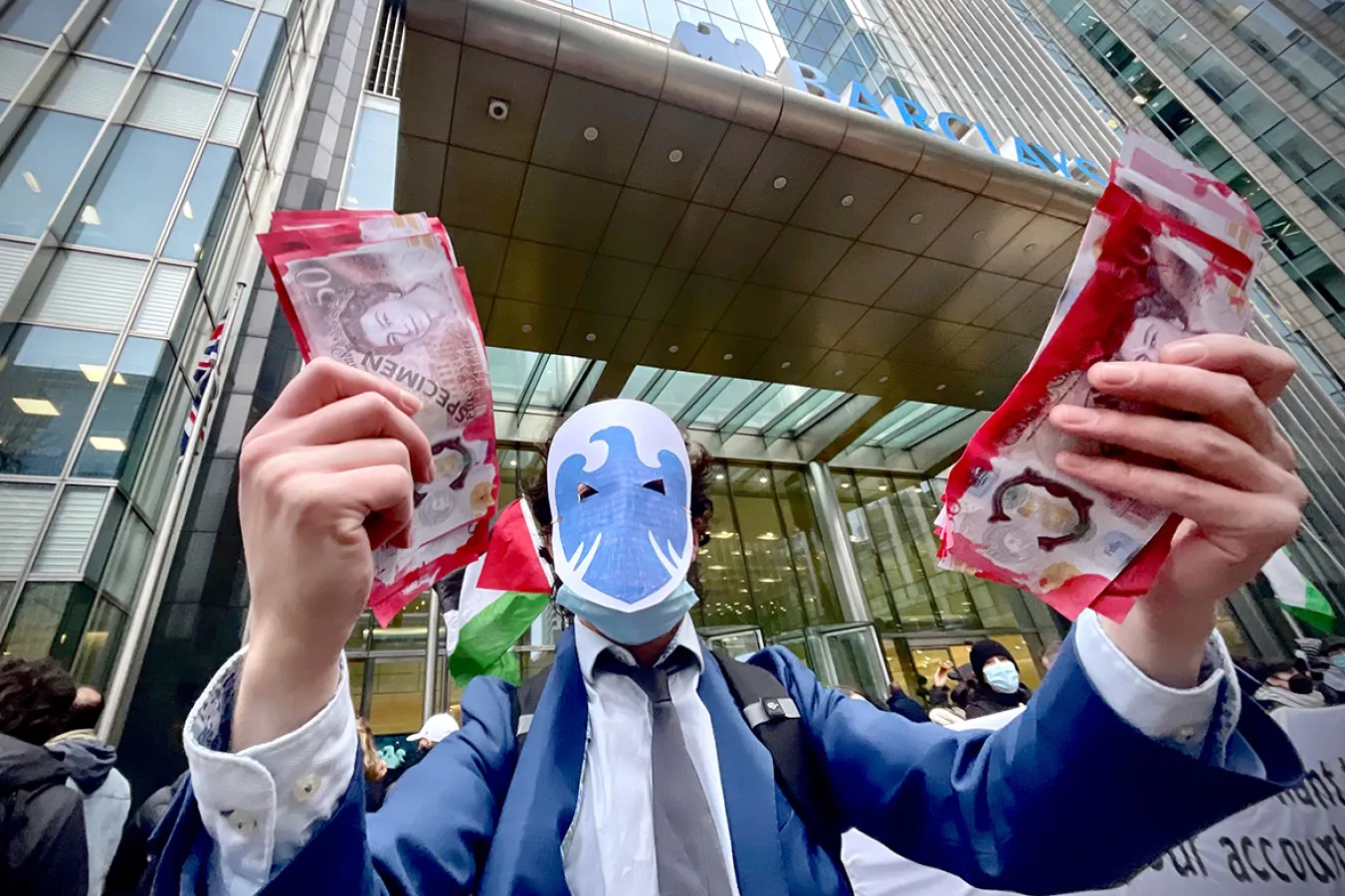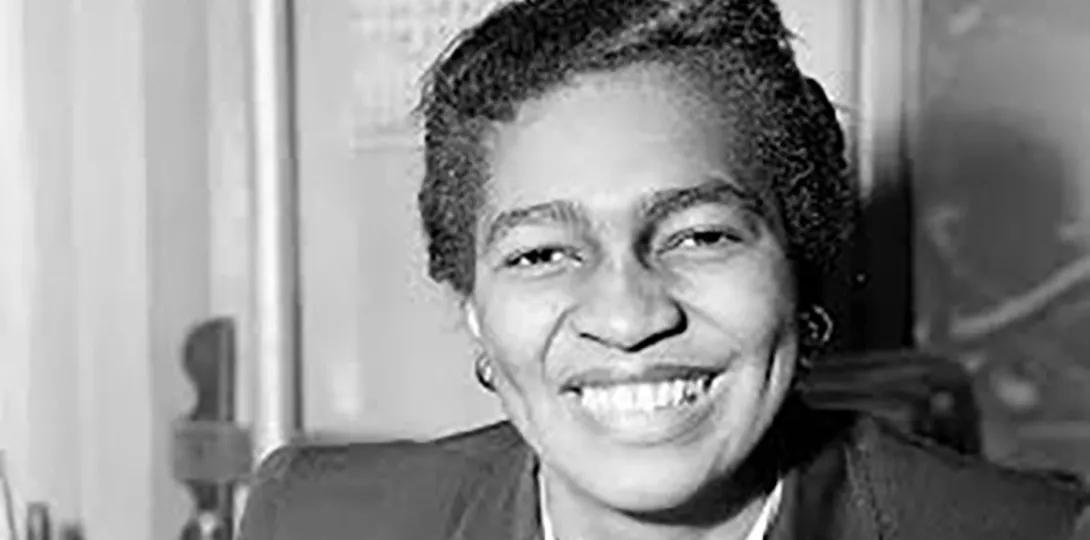ANDREW MURRAY surveys a quaking continent whose leaders have no idea how to respond to an openly contemptuous United States
Karl Marx’s grave and the contradictions of capitalism
The right-wing press has been dining out on the idea that new graves near Marx’s in Highgate Cemetery being ‘sold for profit’ would be some great rebuke of the great anti-capitalist – KEITH FLETT sets the record straight

WHEN Engels died in 1895, his ashes were scattered off Beachy Head close to what had been one of his favourite seaside towns, Eastbourne.
Marx, who died in 1883, had been buried in Highgate Cemetery in a modest grave but geographically appropriate for someone who had spent much of their life in north London.
A modest controversy has now arisen over plans to make more space for graves in the area around where Marx is buried.
More from this author

The Morning Star’s Alexander Norton spoke to the Connolly Youth Movement's ALEX HOMITS as he began his third term as General Secretary of the communist youth organisation, following the conclusion of its Ard Fheis (congress)

First in a new series of Morning Star profiles, fast food worker Melissa Evans explains why it's time for a strike at the red and yellow flagship brand of capitalism itself: McDonald's

Speaking to Alexander Norton, WAHSAYAH WHITEBIRD talks about the opportunities and challenges in being the only explicitly Communist elected official in the English-speaking world

Far from being impulsive or incoherent, the anarchist’s extreme political beliefs are sadly consistent with extreme times, writes ALEXANDER NORTON
Similar stories

From military inspections to geological observations, KEITH FLETT recounts how the communist’s 1857 visit to Ryde combined health recovery with a sharp analysis of Britain’s defences

Statues and other icons can enforce power and domination but they can also help us challenge that power, writes the Marx Memorial Library and Workers’ School

The Star publishes the Karl Marx Graveside Oration delivered by ALEX GORDON at Highgate Cemetery yesterday










